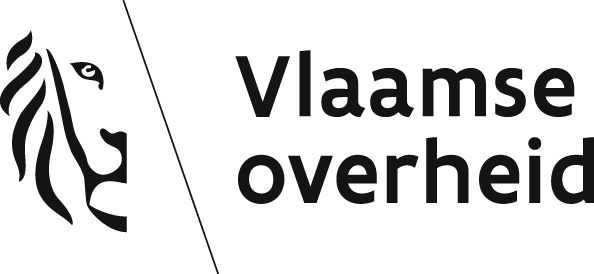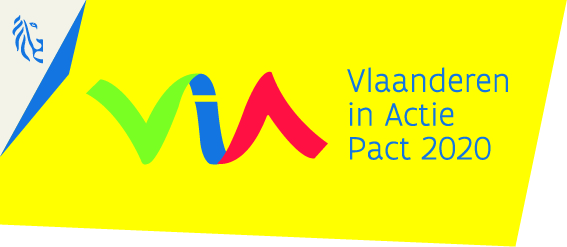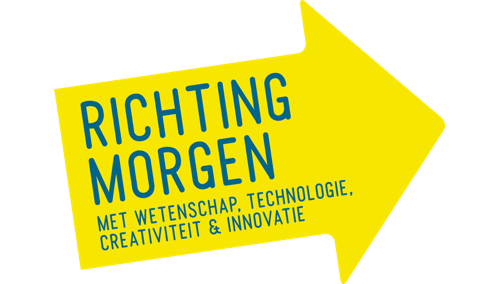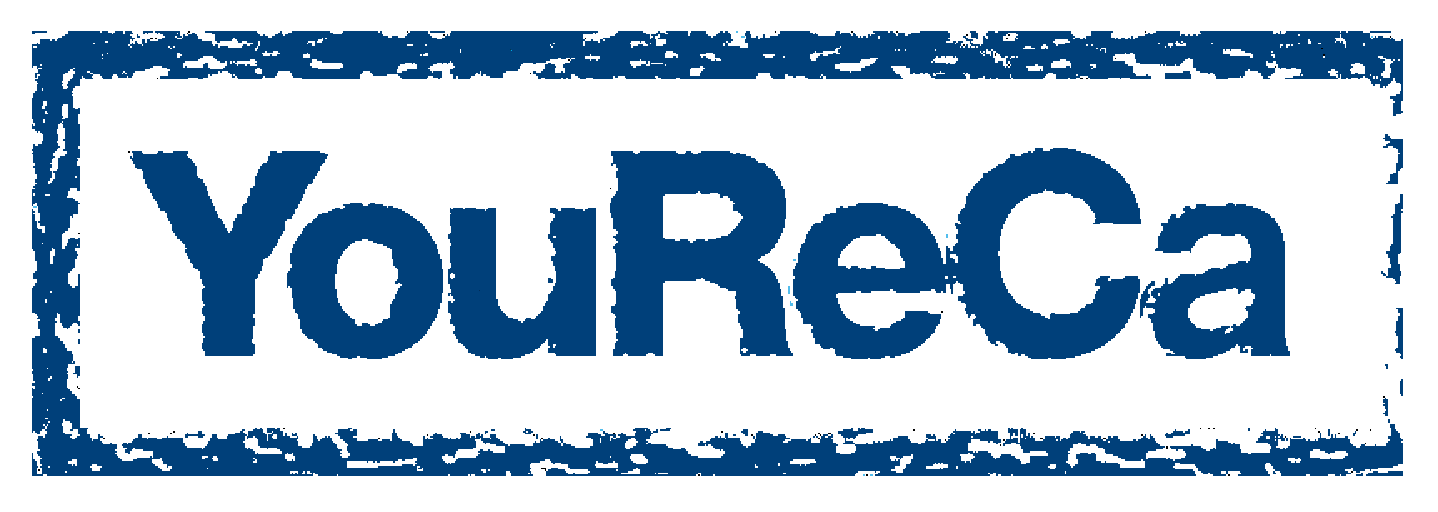The second edition of the Spring School on Design of Experiments will take place in Leuven from 3 till 7 April 2017. It will involve two courses:
Spring School 2017
Spring School 2017
As a result, the Spring School will first cover the fundamentals of design of experiments. Next, the focus will shift to optimal experimental design, a framework for tailor an experimental design to your needs.
The Spring School provides an excellent opportunity for young researchers and novices in experimental design to get acquainted with the topic.
The lecture room is right in the town center. The best thing to do is to seek accommodation in the town center: everything within the town center is at most 1 km from the lecture room. The youth hostel is also within walking distance. Hotels near the train station are cheaper than those in the town center, and still within walking distance of the lecture room. Registrants can find information about places to stay on the website of the town of Leuven.
Leuven is easy to reach by train from the Brussels train stations (roughly 20-30 minutes), from Liège (30 minutes) and from the Brussels national airport (15 minutes by train). Note that the Brussels South airport is further.
Pricing
One Course
- 200 € – PhD students
- 250 € – other academics and attendees from non-profit organisations
- 750 € – other
Both Courses
- 300 € – PhD students
- 375 € – other academics and attendees from non-profit organisations
- 1000 € – other
Notice
Researchers of the KU Leuven can participate in the Spring School for FREE
Registration
With invoice
Without invoice
PART 1: The Theory and Practice of Designing Experiments
April 3, 4 and 5, 2017
The main objective of this course is to enable participants to better identify appropriate methodologies for designing experiments and analysing the data which arise from them. It covers the statistical theory of planning experiments and analysing the resulting data, with the emphasis on the statistical principles and how they relate to applications in ways that allow us to obtain valid and informative data. Less emphasis is placed on detailed descriptions of ways of constructing designs and the mathematical and computational methodologies behind them, although these will frequently be referred to in passing. In total, the course takes 2.5 days.
TOPICS
BOOKLIST
This course does not follow any book very closely. Those most similar in style are:
- Cox, D. R. and Reid, N. (2000) The Theory of the Design of Experiments. London: Chapman & Hall.
- Mead, R., Gilmour, S. G. and Mead, A. (2012) Statistical Principles for the Design of Experiments. Cambridge: Cambridge University Press.
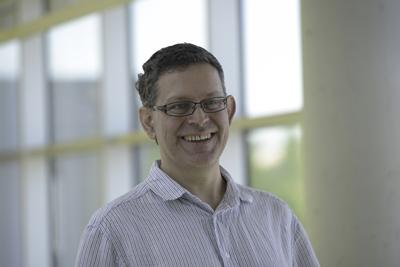
Extensive research experience in the theory, methodology and application of the design of experiments and the analysis of the resulting data, with an emphasis on experiments with complex treatment structures. He has wide experience teaching statistics to people from diverse backgrounds in both universities and industry. He has also acted as a consultant on designing experiments in diverse application areas in both universities and industry.
PART 2: Optimal design of experiments
April 5, 6 and 7, 2017
The target audience for the course is starting Ph.D. students and anyone else who would like a primer on optimal design of experiments. Prerequisites for the course are knowledge of basic statistics and regression analysis. Familiarity with classical design of experiments is not required. The course is not highly mathematical and therefore accessible to a broad audience.
The course will start with an intuitive introduction of the topic and gradually builds up to more complicated situations. Examples for the course will be taken from industry, marketing, chemistry, medicine, … to show the wide applicability of the optimal design techniques. The attention will not be restricted to optimal design for linear regression models, but Bayesian optimal design and minimax designs for nonlinear regression models will also be discussed. The strengths and weaknesses of optimal design will be illustrated, and some remedies to overcome some of the problems will be given. A unique feature of the course is that it discusses and illustrates the working of algorithms for constructing optimal experimental designs.
The course will take place in a computer class so that the course participants can work on a few algorithms and examples themselves. Various software packages are demonstrated as well.
In total, the course takes 2.5 days.
For further information, please contact Peter Goos. (info@experimental-design.eu)
COURSE CONTENT

A full professor at the Faculty of Bio-Science Engineering of the University of Leuven and at the Faculty of Applied Economics of the University of Antwerp, where he teaches various introductory and advanced courses on statistics and probability. His main research area is the statistical design and analysis of experiments.





